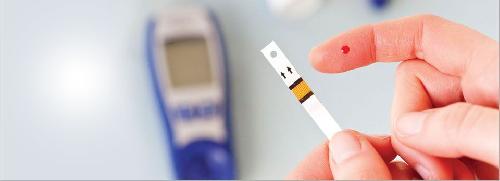Diabetes
DIABETES – Diabetes, often referred to as diabetes mellitus, describes a group of metabolic diseases in which the person has high blood glucose (blood sugar), either because insulin production is inadequate, or because the body’s cells do not respond properly to insulin, or both. The types of diabetes include:
- PreDiabetes
- Type 1 Diabetes
- Type 2 Diabetes
- Gestational Diabetes
Click on the highlighted links below for more information
PRE-DIABETES
Doctors sometimes refer to prediabetes as impaired glucose tolerance (IGT) or impaired fasting glucose (IFG), depending on what test was used when it was detected. This condition puts you at a higher risk for developing type 2 diabetes and cardiovascular disease.
TYPE 1 DIABETES
Type 1 diabetes is usually diagnosed in children and young adults, and was previously known as juvenile diabetes. Only 5% of people with diabetes have this form of the disease. In type 1 diabetes, the body does not produce insulin. Insulin is a hormone that is needed to convert sugar, starches and other food into energy needed for daily life. With the help of insulin therapy and other treatments, even young children can learn to manage their condition and live long, healthy lives.
TYPE 2 DIABETES
Diabetes is a problem with your body that causes blood glucose (sugar) levels to rise higher than normal. This is also called hyperglycemia. Type 2 diabetes is the most common form of diabetes. If you have type 2 diabetes your body does not use insulin properly. This is called insulin resistance. At first, your pancreas makes extra insulin to make up for it. But, over time it isn’t able to keep up and can’t make enough insulin to keep your blood glucose at normal levels.
GESTATIONAL DIABETES
During pregnancy – usually around the 24th week – many women develop gestational diabetes. A diagnosis of gestational diabetes doesn’t mean that you had diabetes before you conceived, or that you will have diabetes after giving birth. But it’s important to follow your doctor’s advice regarding blood glucose (blood sugar) levels while you’re planning your pregnancy, so you and your baby both remain healthy.
















